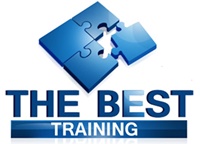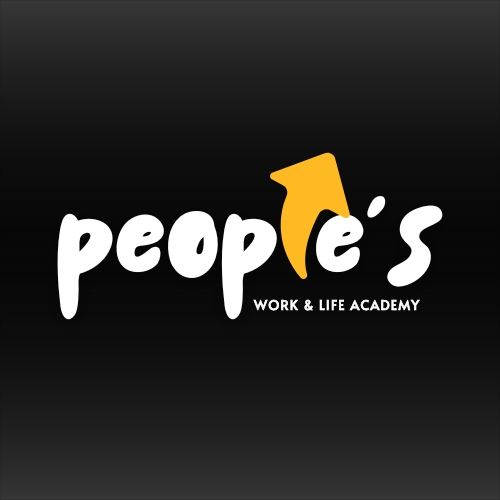Discover All Courses on Talentvis Academy
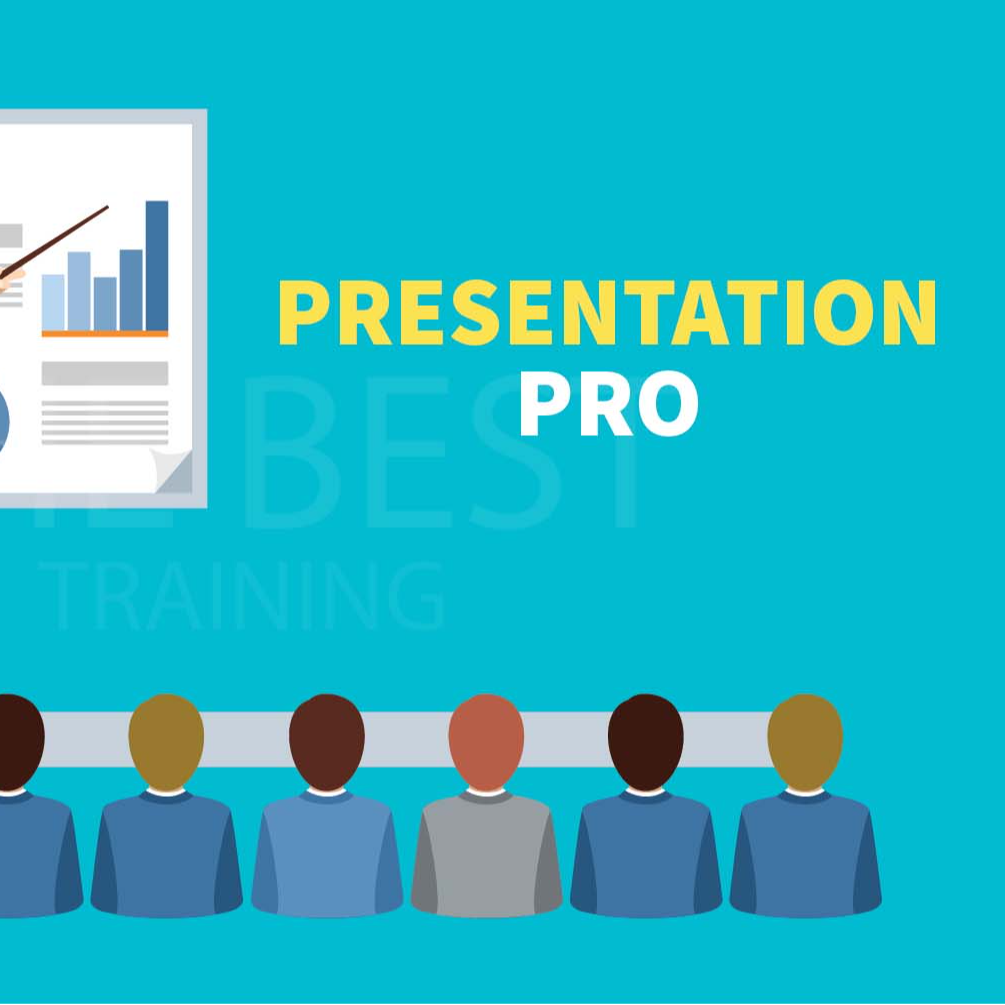


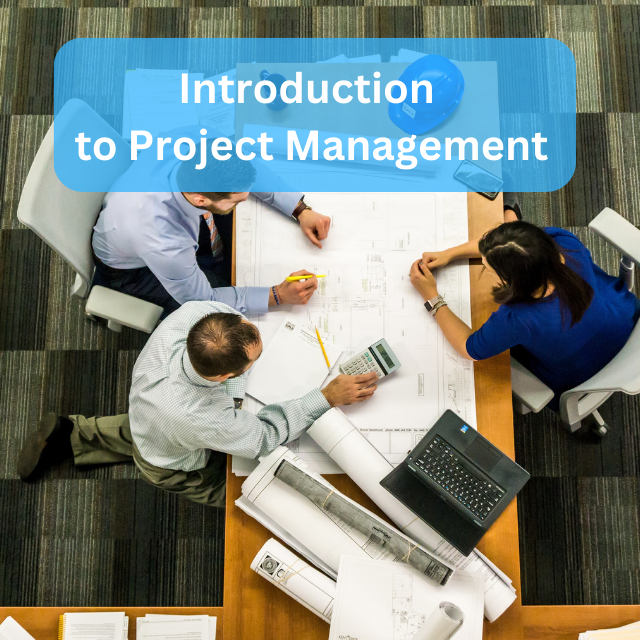
Project Management: P3 Express (Micro) (16...
1 Day
All Level
Online
Tuesday, 11 November 2025 10:00AM
THB 30,000.00/ pax
% Promo Code Discount Available
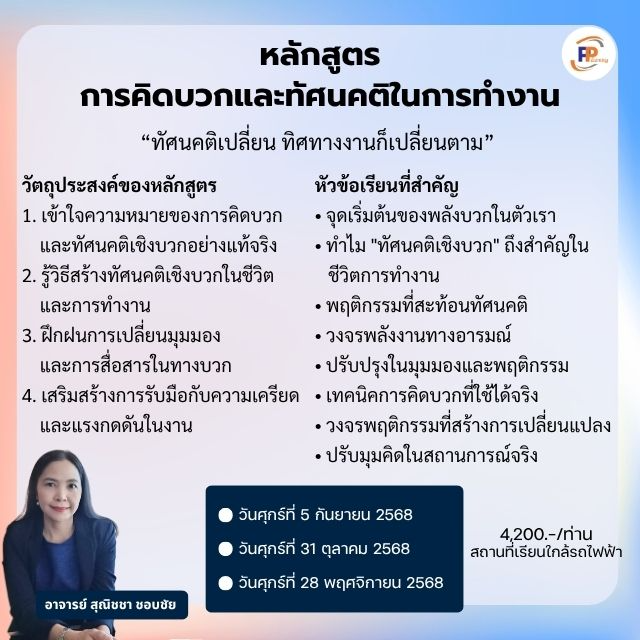
หลักสูตร การคิดบวกและทัศนคติในการทำงาน
1 Day
All Level
Offline
Friday, 28 November 2025 10:00AM
THB 4,200.00/ pax
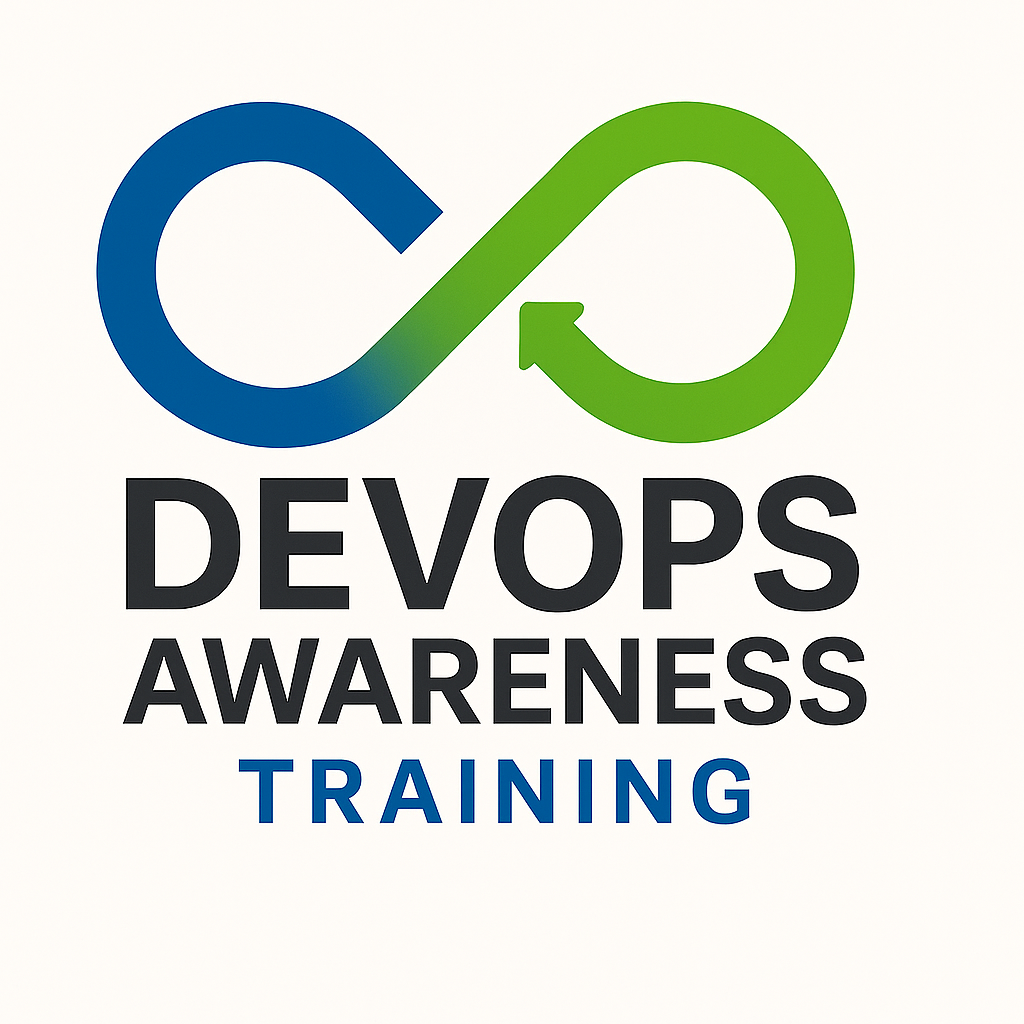
DEVOPS - Awareness (3H) - 2025
1 Day
Beginner
Online
Thursday, 04 December 2025 09:30AM
THB 10,000.00/ pax

ใช้ Generative AI ให้เวิร์คจริง! (Generati...
1 Day
All Level
Offline
Wednesday, 26 November 2025 10:00AM
THB 6,300.00/ pax
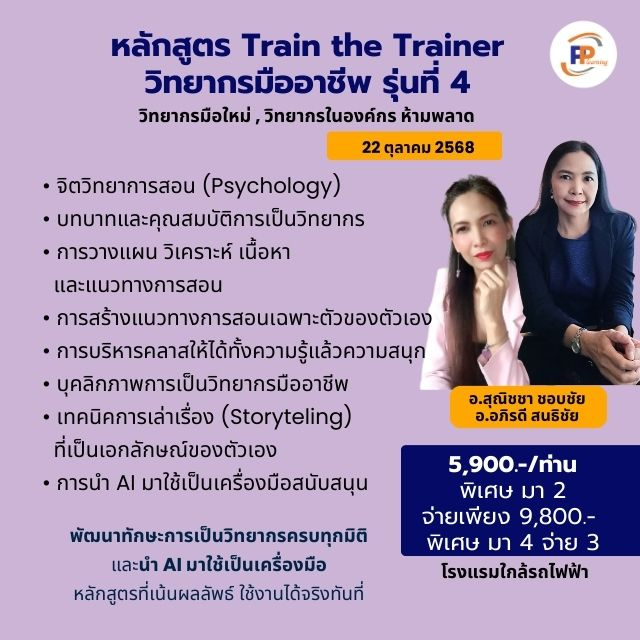
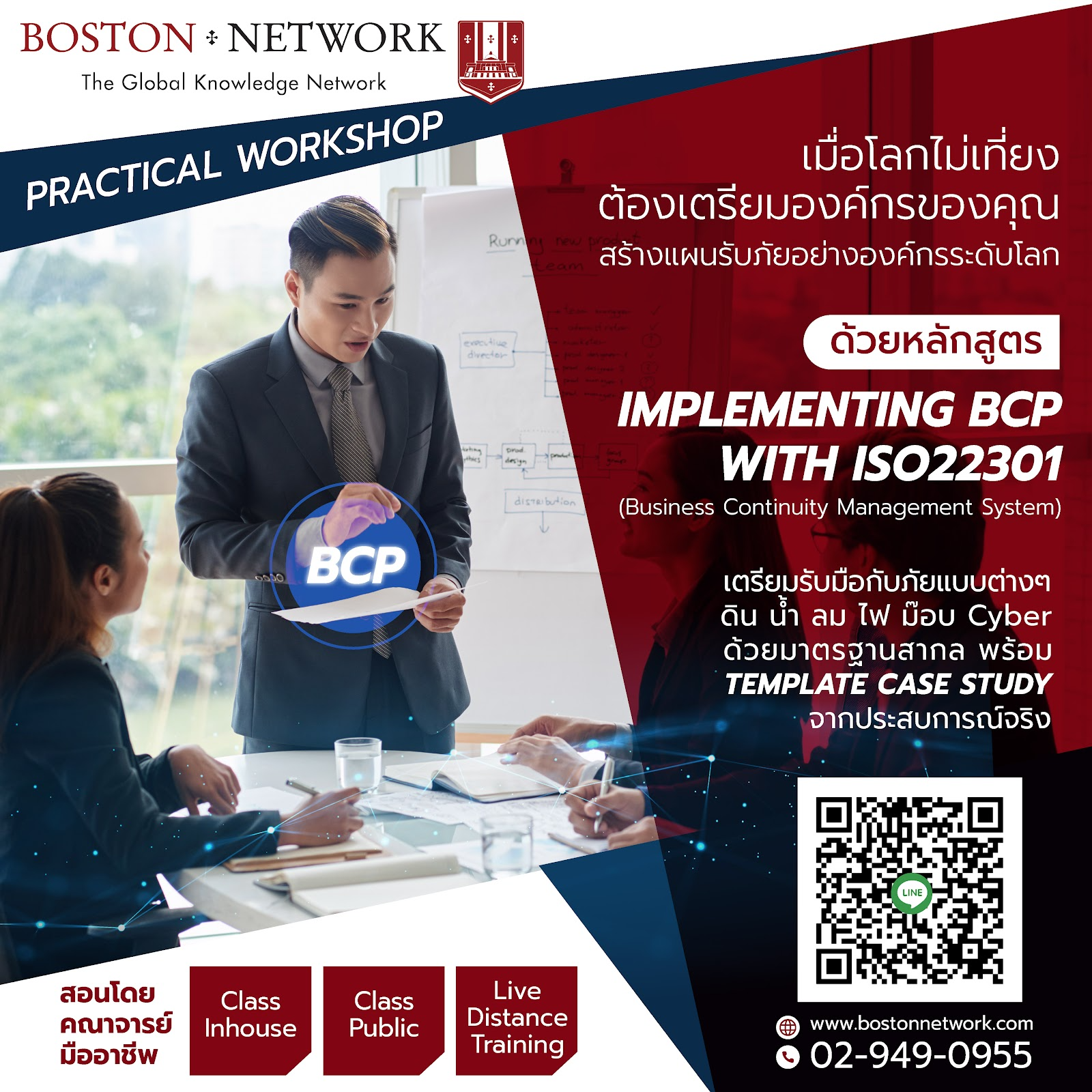
Implementing BCP with ISO22301 (Business ...
2 Days
Advanced
Offline
Thursday, 11 December 2025 10:00AM
THB 19,500.00/ pax
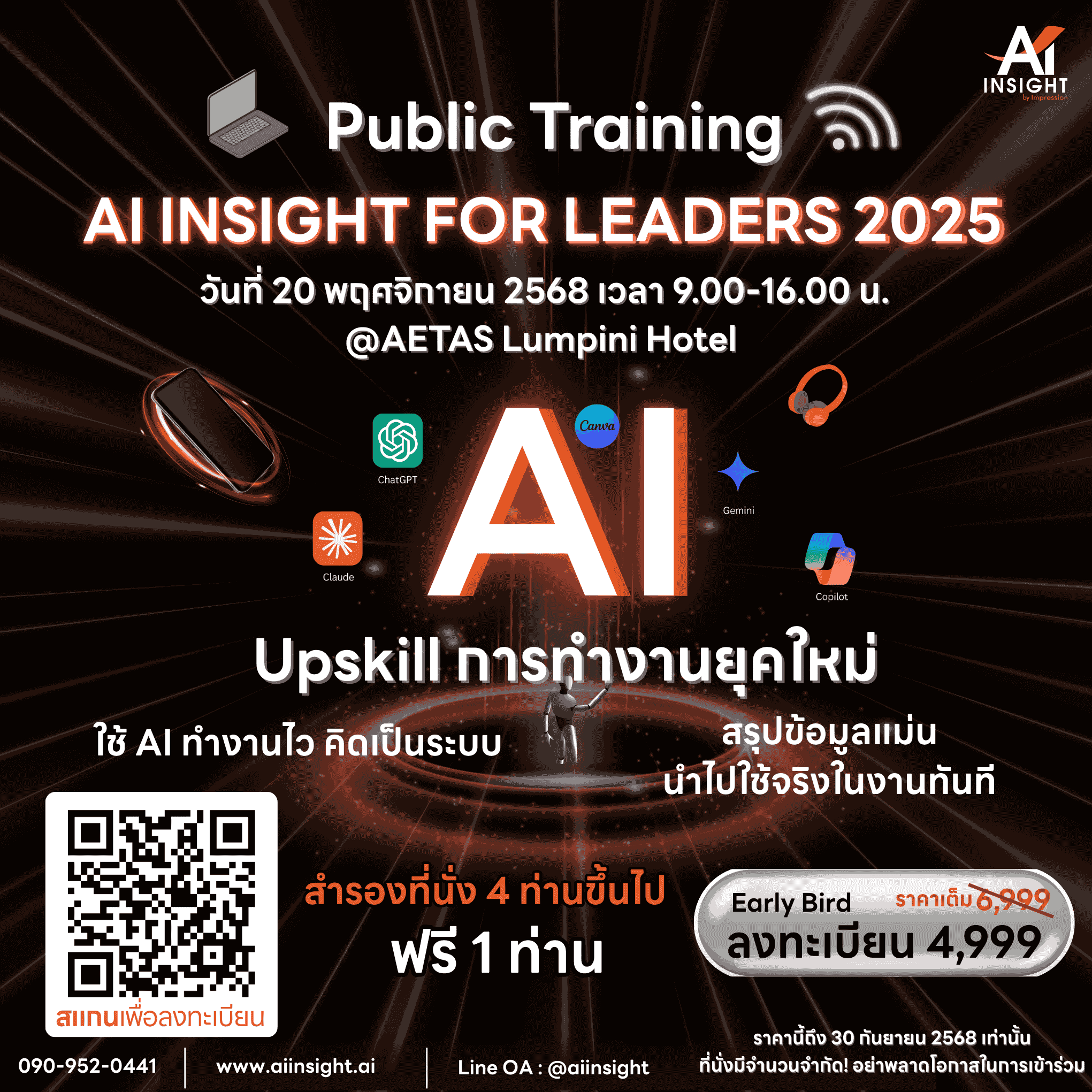
AI INSIGHT FOR LEADERS 2025
1 Day
All Level
Offline
Thursday, 20 November 2025 10:00AM
THB 6,999.00/ pax
% Early Registration Discount Available
Showing 21 to 30 of 56 entries
Showing to of entries
Showing to of entries
